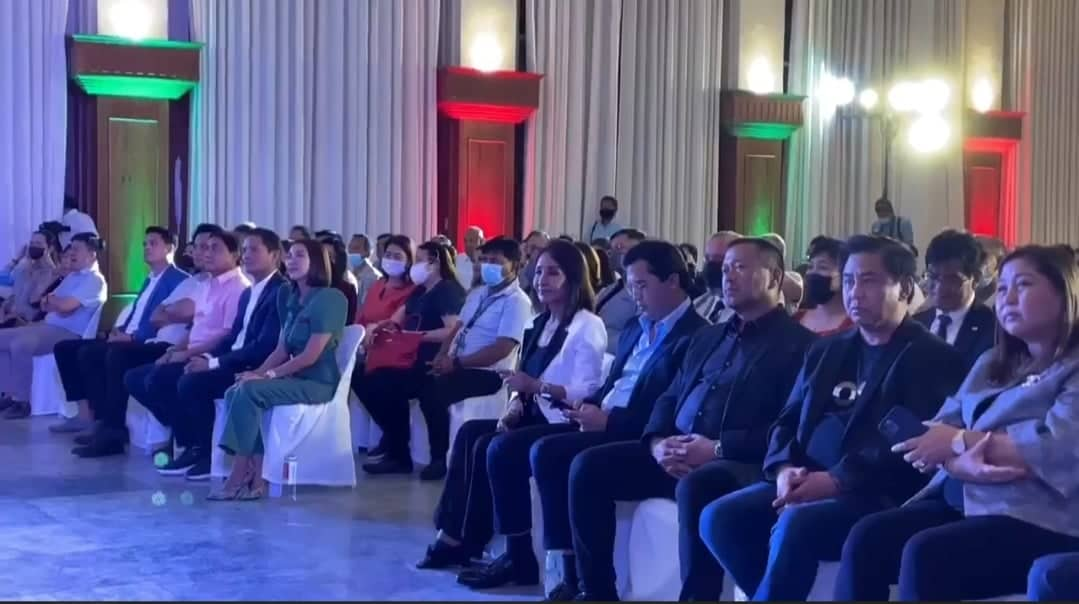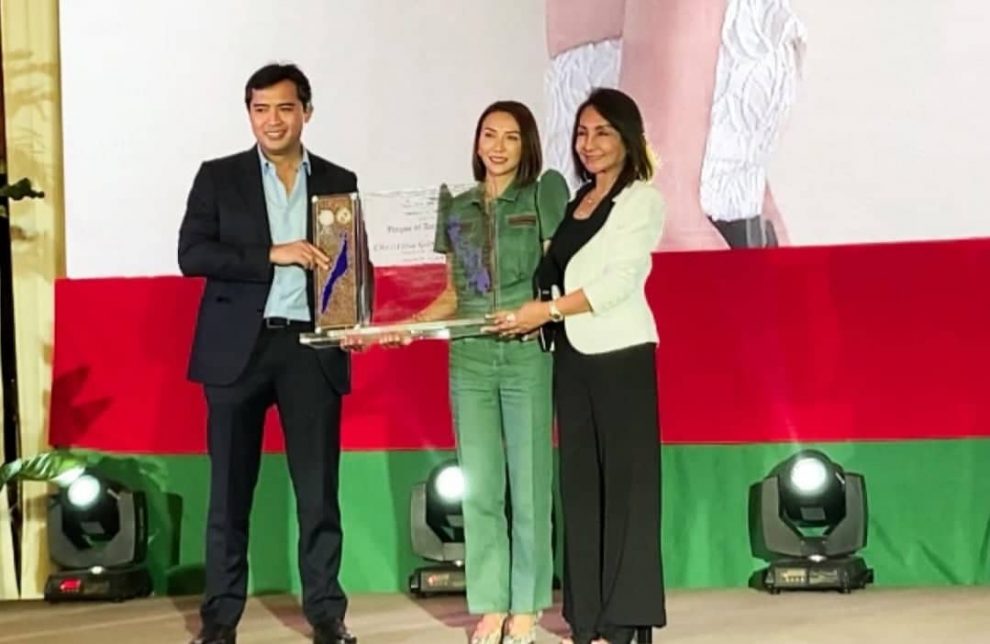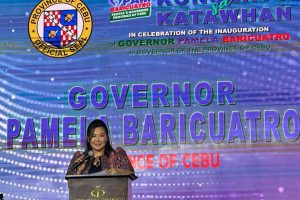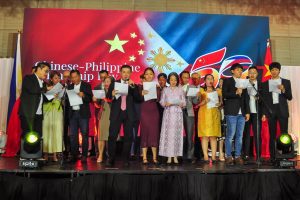Incoming Tourism Secretary Atty. Christina Garcia Frasco pointed out the enormous potential of the tourism industry to fuel the country’s economic growth, but stressed the need for shared governance by the public and private sector to ensure its sustainability in the long term.
Just eight days to go before she fully assumes the post, Frasco cited two critical factors to ensure the industry’s recovery amid an ongoing pandemic and hasten economic recovery of the tourism sector, largely hit by the lockdowns and natural calamities.
Frasco, who is on her last term as mayor of Liloan town before her appointment, shared that her local governance experience has taught her that beyond theoretical notions of developing and promoting tourism is the practical necessity of setting the proper foundation for the sector’s medium and long-term success.
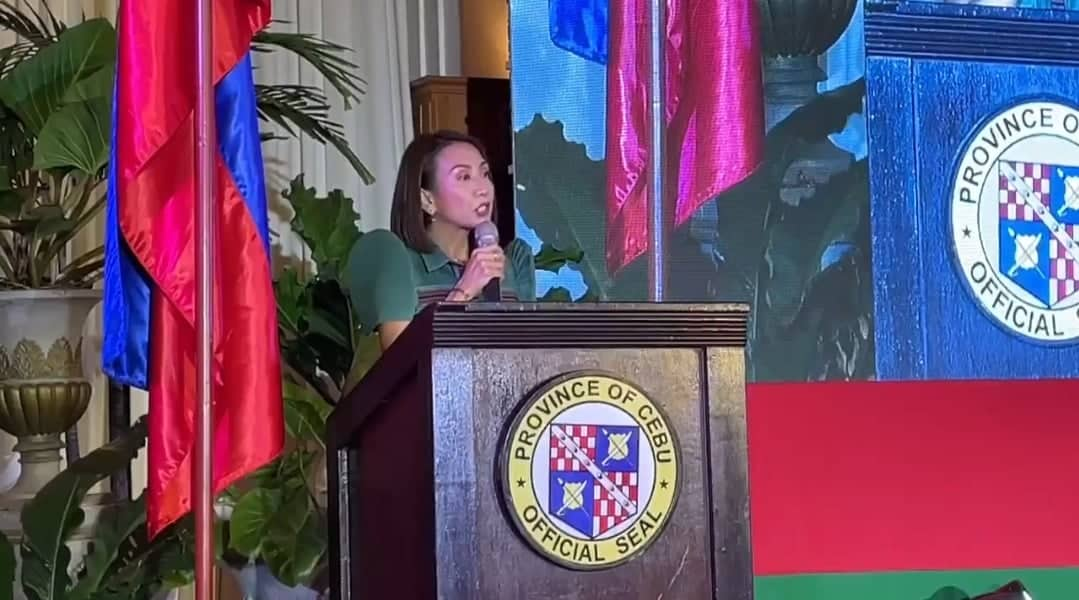
“With focus on two essential building blocks, namely: (1) effective local government planning and implementation, and (2) shared tourism governance by the public and private sector to ensure sustainable tourism,” said Frasco.
According to Frasco, effective planning and implementation of local government units on zoning and land use regulations, proactive and aggressive infrastructure development, access to transportation, and heritage and environmental protection are essential to ensure sustainable tourism development.
For tourism to flourish, she said the local government under its infrastructure agenda must provide quality access to roads, bridges, water systems and equally provide accessible transportation by land, sea, and air to achieve the goal of improving the overall tourism experience by both domestic and foreign tourists.
The incoming tourism chief also emphasized the importance of government intervention amid the COVID-19 pandemic to provide socioeconomic protections for tourism stakeholders that include emergency employment programs, medical and financial assistance programs, and emergency capital investment programs through subsidies for businesses and tax credit programs.
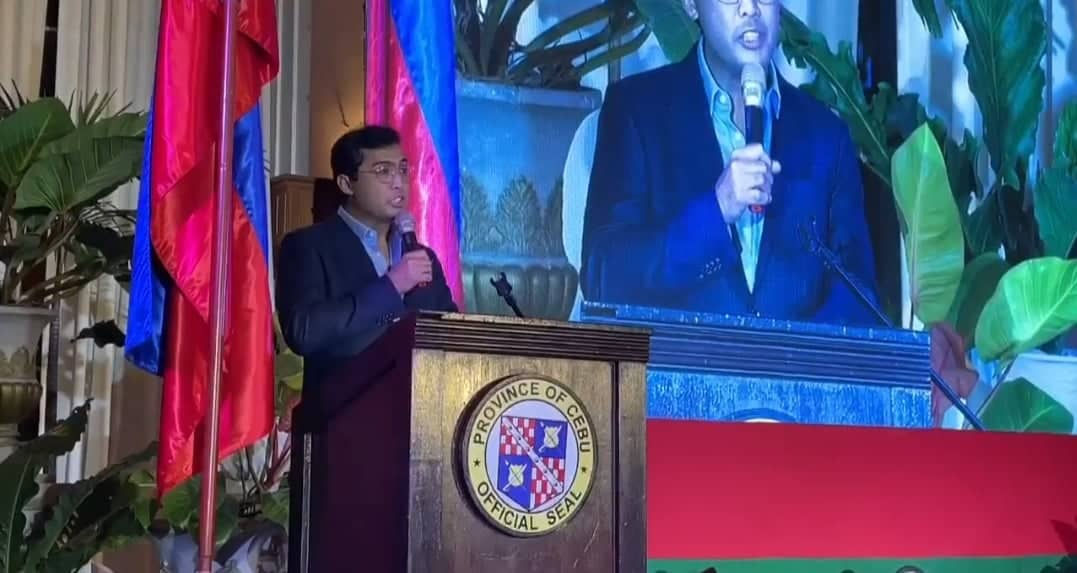
“The enactment of investment codes granting incentives for tourism-related businesses could also greatly encourage capital investment into our towns and cities,” said Frasco.
The second building block Frasco mentioned is setting the proper foundation for the long-term success of the tourism industry, which is in shared tourism governance by the public and private sector.
From the national to local government side, recognition and acknowledgement on the value of tourism stakeholders is important, both in the community and the tourism sector from policy planning to grassroots implementation.
“Through its local chief executives, local government units can drive a sustainable development agenda within their tourist destinations while empowering their private sector, local community, tourists and other stakeholders through inclusive and strategic coordination, education, consultation, and consensus-building from planning to implementation,” said Frasco.
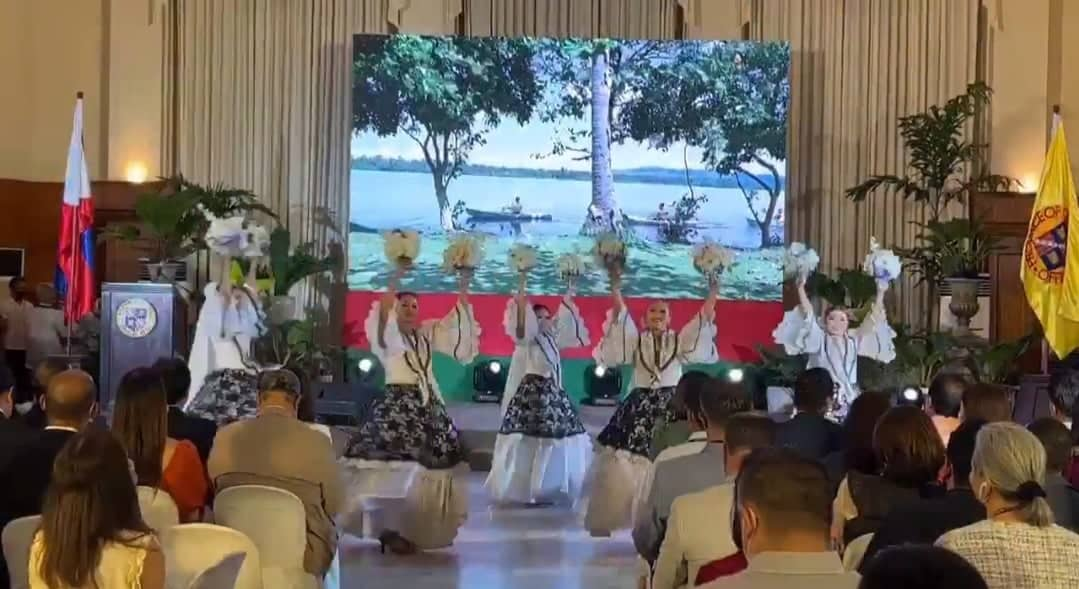
The goal here is to adopt sustainability as a way of life such that government regulation can eventually give way to self-regulation by communities cognizant of the value of natural resource preservation, she added.
Frasco offered her hand of collaboration to all tourism stakeholders and local officials throughout the country to work together to reclaim the Philippines’ standing in the global stage and to exceed it.
“It is my hope that by building bridges of collaboration, we can generate boundless opportunities for livelihood, employment, and business that puts the success of every Filipino tourism stakeholder front and center of our agenda,” she said.
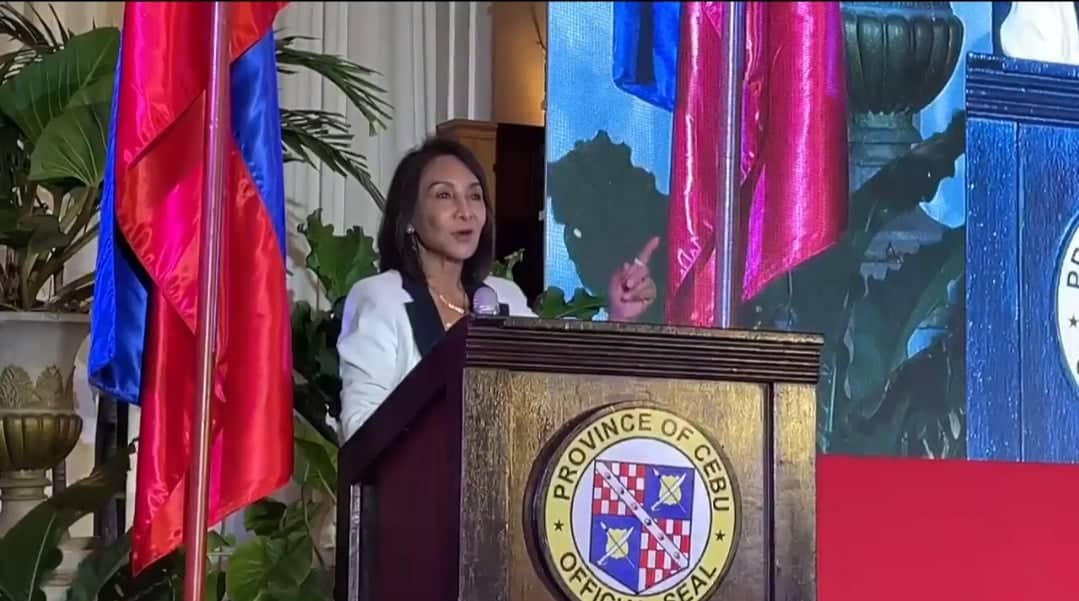
After her speech that received resounding applause, Frasco was met with well-wishers from Cebu’s tourism industry who committed their firm support to her leadership, with top supporter from the local government side, proud mother Cebu Gov. Gwen Garcia.
Over 200 participants attended the Cebu Tourism Stakeholders Meeting composed of tourism stakeholders, members of the diplomatic corps, provincial and local officials, representatives from regional agencies and local government units, and the media on June 21 at the Provincial Capitol Social Hall initiated by the Department of Tourism 7 in partnership with the Cebu Provincial Government. (FCR/PIA7)
